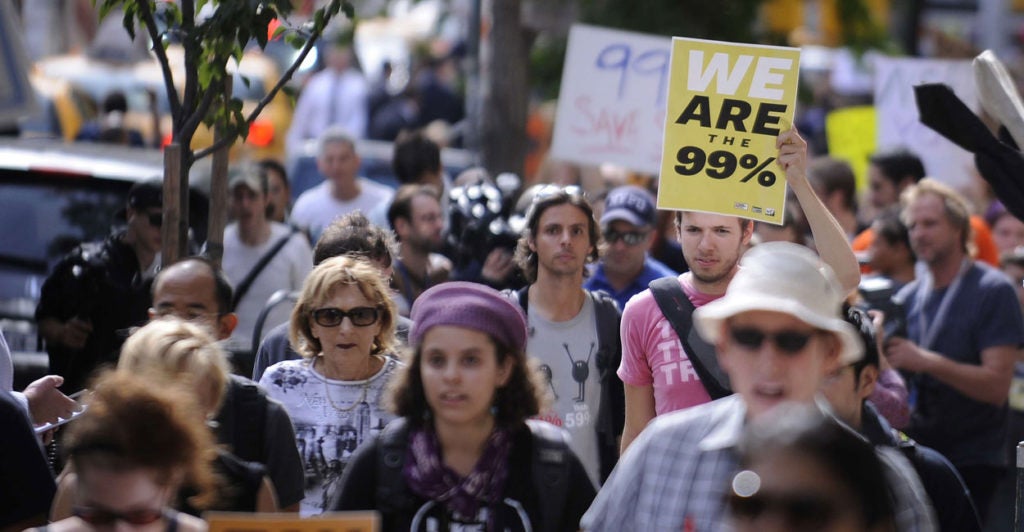The next time you feel the urge to join a major protest to condemn the elite, powerful forces who are supposedly making your lives worse, don’t bother. The event is most likely organized by elite, powerful forces who are getting rich off your activism while you don’t make a dime or a dime’s worth of difference.
From Occupy Wall Street to the endless disruptions in the recent Supreme Court confirmation hearings, the increased polarization of America is on full display. The disagreements between Americans on key principles like the size and role of government are very real—but rather than seeking common ground, the special interests are exploiting this division at every turn.
My friend Haven Pell recently joined me on “The Bill Walton Show” to explain how politics is just another big business. He spent a career in law and finance and is now a self-described “pundificator” in retirement.
He says the confirmation hearings of Judge Brett Kavanaugh are a perfect example of how political activism is often just a means of turning a profit.
“These have to be organized and there are people who are very good at it. It’s part of the process of the K Street changing public opinion and mostly aiming to get people to fight with each other because that’s how you make the most money,” said Pell.
And we’re not going to end polarization anytime soon. Pell recently attended four sessions on how to solve the problem while attending his Harvard University reunion. The “solution” for many speakers was groupthink.
“I think what I did hear was that there was an easy solution to polarization, which is everybody has to think like me,” he said.
The main reason politics are getting increasingly polarized is because the government keeps getting involved with more aspects of our lives. In our conversation, I explain how Washington is making demands that needlessly burden us, such as heaping regulations upon local volunteer fire departments it knows nothing about.
Businesses are now spending huge sums of money to influence government policy in an effort to make the bureaucracy work for them rather than against them. And when the policies go their way, the profits often dwarf the money they spent on lobbying.
But while we fret about the latest political twists and turns, Pell and I also discuss the illusion that government can solve the biggest problems in our lives. It hasn’t, it won’t, and it never will.
Join us as we explain how politics became big business, why Occupy Wall Street got the wrong address, and why looking to Washington to save us is how we got into this mess in the first place.
